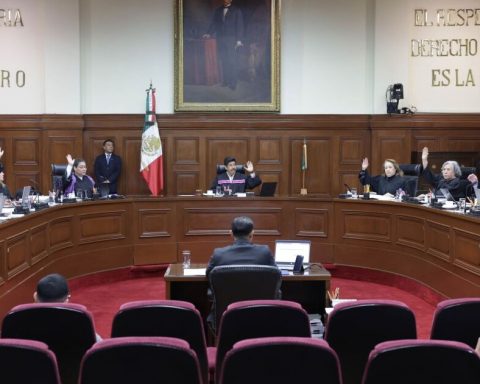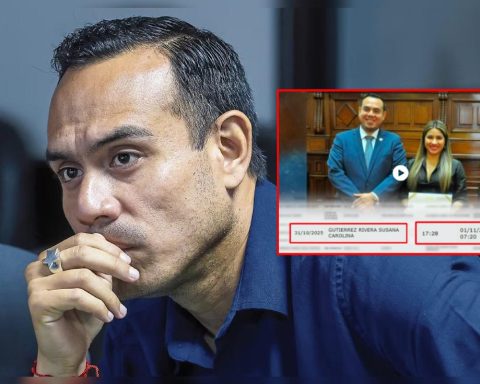A few days after the vote in the Senate, the Initiative that reforms, among others, the General Health Law (“LGS”) in terms of tele-health or telemedicine, it is necessary to stop along the way and understand, that despite the regulatory and legal challenges faced by the sector in Mexico and in the world, information and communication technologies (“ICTs”) have become the ideal vehicle for the prevention and care of millions of people. The foregoing, in the midst of a global technological convergence, through which different techniques and technologies previously separated, are now united to improve the quality of human life.
Mobile applications for patients with diabetes, management of clinical records in real time, processing of sensitive personal data, automated artificial intelligence systems for primary care in cardiac arrest, tele-consultations and even remote care for patients abroad, they are already a reality before which the Mexican legal system must go after, to regulate in a practical way, with the aim of facilitating its interoperability with the National Health System and private practice.
The COVID-19 pandemic has put the magnifying glass on the health system in Mexico, as well as the fundamental importance of having universal access to it. On the other hand, today’s world requires that the attention of the various government bodies (federal, local or municipal), effectively meet the needs of the population. Although there are initiatives and programs that seek to address the lag in health services, and in some states the implementation of a new Universal System is already being considered (such is the case of Nayarit), it is necessary to turn to the current reality, to effect that the basic access to these services is leveraged in the technological component.
Since 2001, there have been various attempts to regulate basic health goods, as well as to guarantee the universality of the system. Whether through the Oportunidades program, the then Popular Insurance or the current INSABI, to date, there is still a debt with patients to guarantee the main right: access to health services.
In this sense, the technological component could represent a new paradigm by profoundly strengthening the historical lags in this area. In addition, ICTs have shown that allowing patients, hospitals at any level, insurance companies and treating physicians to have access to clinical records for the management of health services in real time, is of great benefit to all.
The problem of regulating telemedicine raises three main questions: (i) guarantee the quality and operation of remote medical care; (ii) ensure the protection and processing of sensitive personal data of patients; and (iii) strengthen the National Health System by: (a) updating clinical practice guidelines; and (b) the regulation regarding medical prescriptions.
Regarding the first point, in the case of health services, it is important to mention that sections have already been added to article 5 of the LGS to expressly establish the need to expand coverage and improve the quality of health care. At this point, although the term is generic, we must understand that, beyond traditional practices, technology is the easiest way to standardize the quality of care in different regions of the country.
Regarding the subject of personal data, although our two laws on the Protection of Personal Data have been a fundamental pillar for the exercise of various rights since 2010 (in the case of individuals) and since 2017 (for obligated subjects), it is It is important to rethink and rethink some of its precepts, so that they coexist in perfect harmony with the regulation regarding access to clinical records and NOM-004-SSA3-2012, this, in the face of the new virtual operational reality.
Finally, it is clear that in order to strengthen the National Health System, a new regulation is required in terms of medical prescriptions and remote medical care through the updating of guides. To implement the above, the commitment of all Mexicans is required. Regarding medical prescriptions, it will be interesting to see the rules that will be observed for their issuance, sealing and cancellation, in the understanding that they must comply with the provisions of article 226 of the LGS, and must hold the treating physician responsible.
In this sense, although the Mexican State is in charge of ensuring compliance with regulatory provisions, it will not be without the support of civil society, private practice, and above all groups of doctors and health professionals, how we can build a better system and an adequate prescription of medicines, keeping patients at the center.
It will be interesting to watch the development of the Initiative in the Senate. There is fertile ground and a large area of opportunity to be able to have technology in health, reducing its costs in the long run. We hope that our legislators understand that the future is today, and it is in their hands.
Héctor Cuevas is a partner at Deloitte Mexico Legal Services.

















